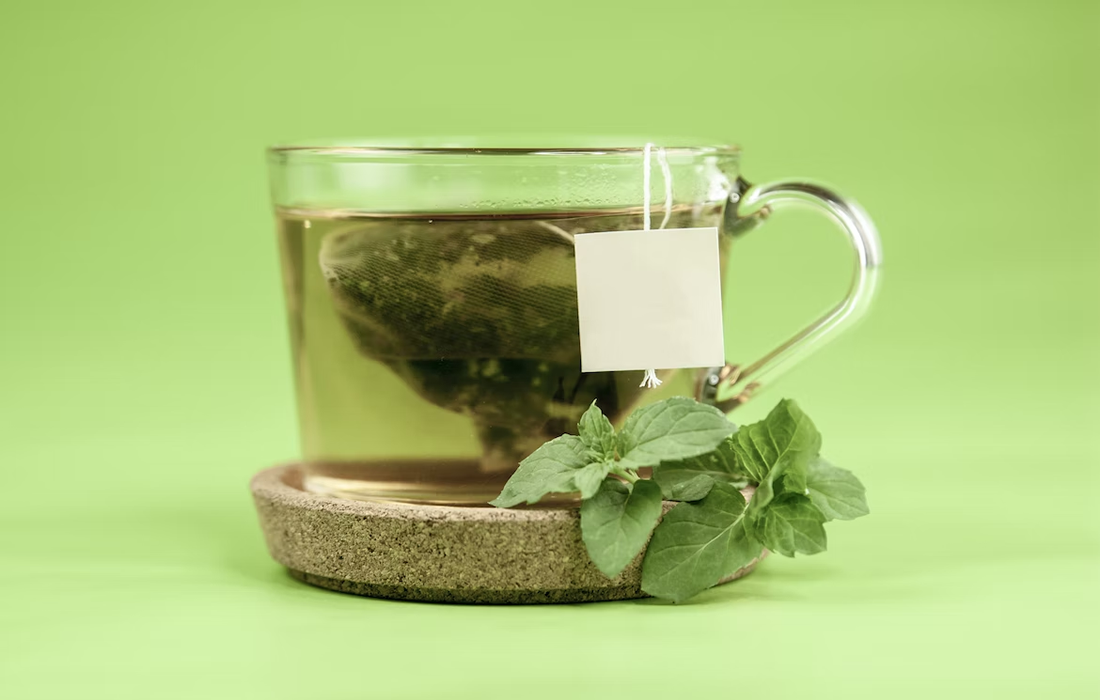Lifestyle
Green Tea Promotes Gut Health and May Control Glucose Levels
A recently published WHO report revealed that noncommunicable diseases (NCDs), such as cardio- and cerebral diseases, cancers, endocrine/metabolic diseases, including type 2 diabetes and obesity, account for 38 million deaths worldwide. Moreover the WHO predicts an increase in mortality caused by NCDs to 52 million in 2030.
Fast progress of those impairments is mostly associated with improper lifestyle, among which negative nutritional changes, which are observed during the last 5–6 decades, are considered as the most significant. As a result of these changes, the oxidative stress, caused by an increased generation of reactive oxygen species (ROS).
Among many secondary metabolites of plant origin, polyphenols are the most abundant and nutritionally significant ones, possessing a wide spectrum of biological activities . Because of the significant concentration of catechins (flavan-3-ols) and high daily intake (estimated at 120 mL/person/day), tea infusions are recently considered as the major sources of these chemicals for a general population.
Green tea, which accounts for 20% of the global tea production, is a non-fermented product, obtained by harvesting fresh leaves, which are immediately steamed to prevent enzymatic degradation of its active compounds.
Polyphenolic compounds are the major type of secondary metabolites present in tea. The major fraction of polyphenols in green tea, a main reason of its biological properties, are catechins with simple structures, among which the most important are (−)-epicatechin (EC), (−)-epicatechin gallate (ECG), (−)-epigallocatechin (EGC) and (−)-epigallocatechin-3-gallate (EGCG).
Preclinical evidence demonstrated that catechin-rich green tea extract (GTE) improves gut barrier function and reduces intestinal and systemic inflammation.
Does green tea may help with Noncommunicable diseases?
Richard Bruno, senior study author and professor of human nutrition at The Ohio State University and his team conducted the clinical trial in 40 individuals as a follow-up to a 2019 study that associated lower obesity and fewer health risks in mice that consumed green tea supplements with improvements to gut health.
Forty participants , 21 with metabolic syndrome and 19 healthy adults, consumed gummy confections containing green tea extract rich in anti-inflammatory compounds called catechins for 28 days. The daily dose equaled five cups of green tea. In the randomized double-blind crossover trial, all participants spent another 28 days taking a placebo, with a month off of any supplement between the treatments.
Researchers confirmed that participants, as advised, followed a diet low in polyphenols, naturally occurring antioxidants in fruits, vegetables, teas and spices , during the placebo and green tea extract confection phases of the study so any results could be attributed to the effects of green tea alone.
Results showed that fasting blood glucose levels for all participants were significantly lower after taking green tea extract compared to levels after taking the placebo.
Decreased gut inflammation due to the green tea treatment in all participants was established through an analysis that showed a reduction in pro-inflammatory proteins in fecal samples. Using a technique to assess sugar ratios in urine samples, researchers also found that with green tea, participants’ small intestine permeability favorably decreased.
In the new study, green tea extract also lowered blood sugar, or glucose, and decreased gut inflammation and permeability in healthy people, an unexpected finding.
SOURCE:
Joanna Hodges, Min Zeng, Sisi Cao, Avinash Pokala, Shahabbedin Rezaei, Geoffrey Sasaki, Yael Vodovotz, Richard Bruno (June 14, 2022). Catechin-Rich Green Tea Extract Reduced Intestinal Inflammation and Fasting Glucose in Metabolic Syndrome and Healthy Adults: A Randomized, Controlled, Crossover Trial. Current Developments in Nutrition. Retrieved from : https://academic.oup.com/cdn/article/6/Supplement_1/981/6606956
IMAGE:
Photo by Laak Boshoff on Unsplash

